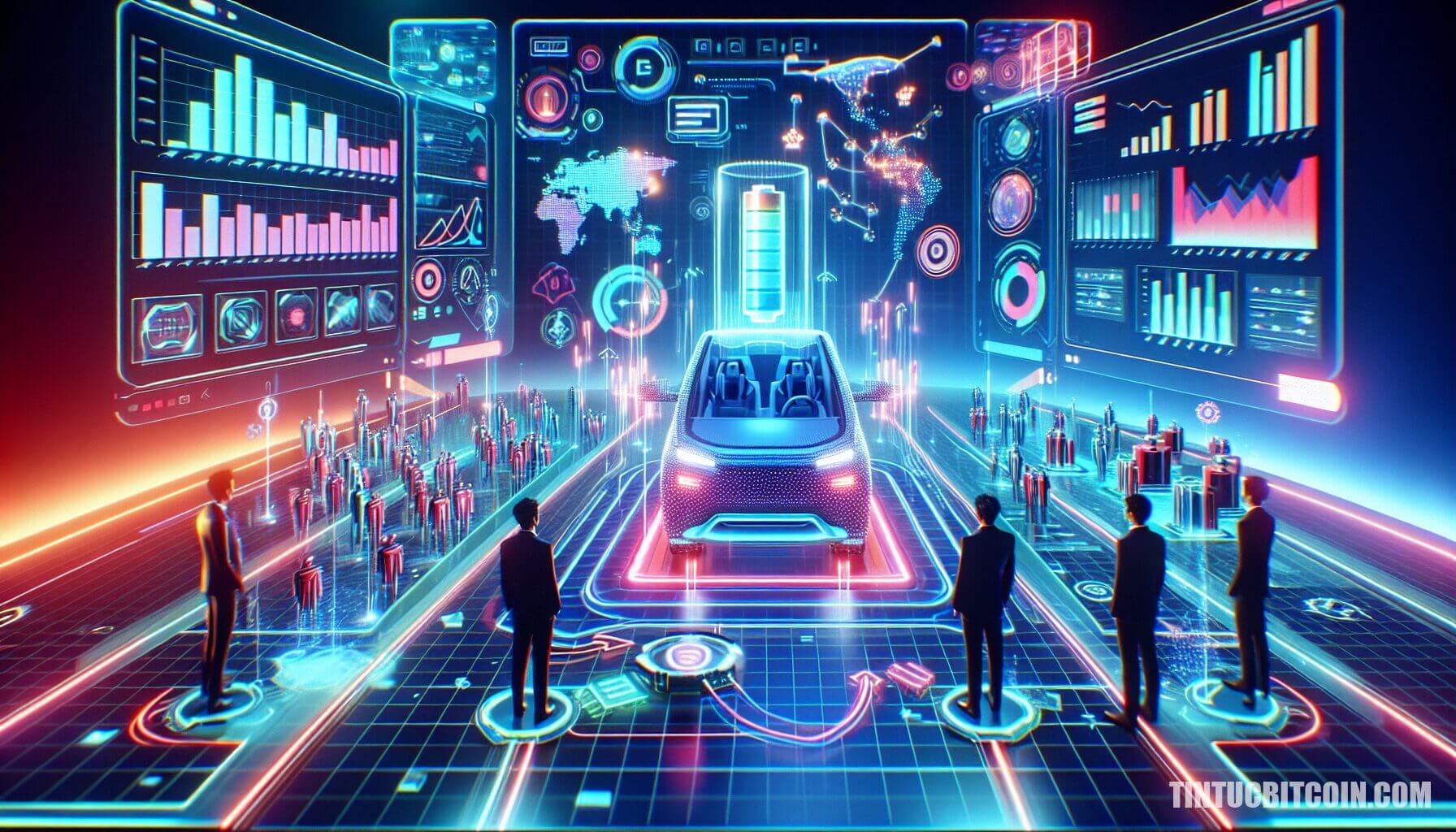
The Chinese government has implemented two policies to stabilize the domestic electric vehicle market, focusing on rectifying unfair competition and controlling the export of key battery technology.
The State Council meeting on July 16, chaired by Premier Li Keqiang, emphasized preventing excessive competition, while the Ministry of Commerce implemented new regulations limiting the export of key electric vehicle battery technology to protect China's global leadership position in this field.
MAIN CONTENT
China is committed to curbing unfair competition and promoting innovation in the electric vehicle industry.
The Ministry of Commerce controls the export of eight key battery technologies to maintain competitive advantage.
Chinese companies like BYD adopt lithium iron phosphate battery technology to reduce costs and increase safety.
How is China adjusting its policies to stabilize the electric vehicle market?
At the State Council meeting on July 16, 2024, Premier Li Keqiang emphasized the need to end unhealthy competition in the electric vehicle industry with the participation of leading experts. The government is committed to strengthening price supervision, encouraging focused innovation, and improving product quality rather than pursuing deep price cuts.
Speaking at the meeting, Premier Li Keqiang stated:
“Unfair competition not only destabilizes the market but also causes long-term damage to China's electric vehicle industry.”
Premier Li Keqiang, July 16, 2024, State Council of China
This stems from concerns that a rapid price decline will slow sustainable development while China is still maintaining its target of 5% growth in the electric vehicle industry by 2025.
How does the Chinese Ministry of Commerce implement export control regulations on battery technology?
On July 15, 2024, the Ministry of Commerce of China announced the requirement for government permits for the export of eight key battery production technologies, in any form of trade or technical cooperation, to protect its leadership position in the electric vehicle battery sector.
Battery technology experts stated: “This measure helps prevent Chinese companies from losing their competitive edge when establishing production facilities abroad.”
Significant advances in the past five years have helped China reduce costs and expand the range of lithium-ion batteries based on iron phosphate, replacing expensive and less safe nickel, cobalt, and manganese batteries.
Specific example of lithium iron phosphate battery technology in China
BYD in Shenzhen, the world's largest electric vehicle company, introduced lithium iron phosphate battery technology five years ago, successfully replacing expensive nickel-cobalt-manganese batteries with cheaper and safer materials, reducing fire risks.
CATL (Contemporary Amperex Technology Co. Limited) in Ningde has also quickly adopted this model. Meanwhile, products from South Korea, Germany, Japan, or the United States still mainly rely on traditional NCM batteries with higher costs.
The impact of the new policy on the international market and global competition
In addition to domestic benefits, China's new export regulations also significantly affect the U.S. and EU markets, which have previously expressed concerns that the rise of low-cost Chinese electric cars could weaken domestic automotive manufacturing.
“Controlling the export of battery technology is a wise move to help China protect its key industry and create long-term competitive leverage in the international market.”
Electric vehicle industry expert, China Industrial Power Research Institute, 2024
The United States is currently considering approving the construction of two Chinese battery factories in Michigan, marking a step forward in economic cooperation while remaining cautious about technology security risks.
Frequently Asked Questions
How does the Chinese government handle unfair competition in the electric vehicle industry? China increases price supervision, bans deep price cuts, and requires businesses to focus on improving technology and product quality, according to statements made at the State Council in July 2024. Why does the Ministry of Commerce limit the export of electric vehicle battery technology? To protect its global leadership position in battery technology and prevent technology leakage abroad through various forms of export, investment, or technical cooperation. What are the outstanding advantages of lithium iron phosphate battery technology? Lithium iron phosphate batteries are safer and cheaper than nickel-cobalt-manganese batteries, helping to reduce electric vehicle costs and minimize fire risks. How does the new policy affect the international electric vehicle market? The policy contributes to slowing down overly rapid expansion, protecting the domestic manufacturing industry, and increasing competitive pressure for international manufacturers such as the United States and the EU. What role does BYD play in the global electric vehicle industry? BYD is the largest electric vehicle manufacturer in the world, surpassing Tesla in sales in Europe, while also pioneering the application of lithium iron phosphate battery technology in China.
Source: https://tintucbitcoin.com/ev-trung-quoc-siet-gia-han-che-xuat-khau/
Thank you for reading this article!
Please Like, Comment, and Follow TinTucBitcoin to stay updated with the latest news about the cryptocurrency market and not miss any important information!

